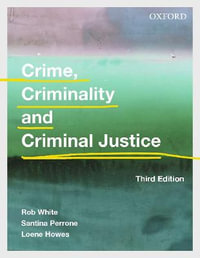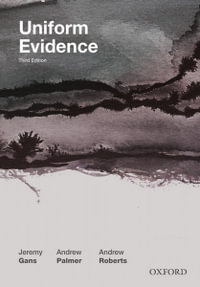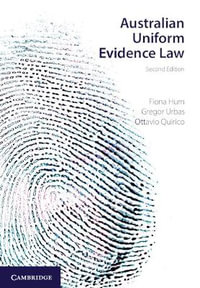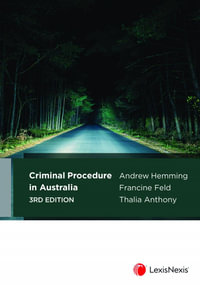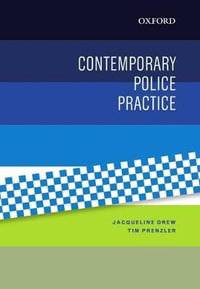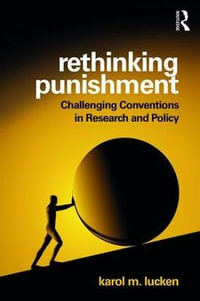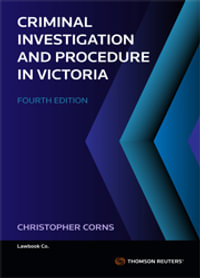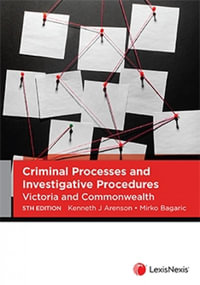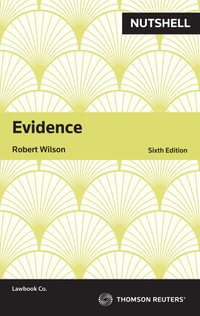How did the United States, a nation known for protecting the "right to remain silent" become notorious for condoning and using controversial tactics like water boarding and extraordinary rendition to extract information? What forces determine the laws that define acceptable interrogation techniques and how do they shift so quickly from one extreme to another?
In Confessions of Guilt, esteemed scholars George C. Thomas III and Richard A. Leo tell the story of how, over the centuries, the law of interrogation has moved from indifference about extreme force to concern over the slightest pressure, and back again. The history of interrogation in the Anglo-American world, they reveal, has been a swinging pendulum rather than a gradual continuum of violence.
Exploring a realist explanation of this pattern, Thomas and Leo demonstrate that the law of interrogation and the process of its enforcement are both inherently unstable and highly dependent on the perceived levels of threat felt by a society. Laws react to fear, they argue, and none more so than those that govern the treatment of suspected criminals.
From England of the late eighteenth century to America at the dawn of the twenty-first, Confessions of Guilt traces the disturbing yet fascinating history of interrogation practices, new and old, and the laws that govern them. Thomas and Leo expertly explain the social dynamics that underpin the continual transformation of interrogation law and practice and look critically forward to what their future might hold.
Industry Reviews
"Thomas and Leo have explored the long history of the ways in which the law has dealt with confessions of guilt. The book is particularly relevant, and valuable, in its treatment of what led up to the famous Miranda case-and what happened afterwards. This is a comprehensive and deeply researched book, which examines with insight and passion a particularly dark and murky corner of the world of legal doctrine. It is an invaluable guidebook for
scholars of crime and punishment. And for judges and lawyers, if only they could be brought to read and absorbed the insights that dot the pages of this study."
--Lawrence M. Friedman, Marion Rice Kirkwood Professor of Law, Stanford Law School
"George Thomas and Richard Leo demonstrate once again why they are widely regarded as two of the nation's foremost commentators on police interrogation and confessions. Their writing is crisp and powerful, yet always graceful. With enormous range, they cover such topics as torture in the days of the Roman Empire, confession law in colonial America, the cultured forces that shaped various developments in interrogation tactics, whether Miranda was
really a victory for liberals, the law (or lack of it) governing the questioning of suspected terrorists, and the future of police interrogation."
--Yale Kamisar, Clarence Darrow Distinguished University Professor of Law Emeritus and Professor Emeritus of Law, University of Michigan Law School
"Leo, our leading empirical expert on police interrogation, and Thomas, one of our most renowned criminal procedure scholars, have combined for a powerful and indispensable book. It offers a panoramic view of the history of interrogation in England and the US, showing that even though technical Miranda rules have dominated for five decades, we have always recurred-and should continue to recur-to background due process principles to help capture the
deeper unavoidable questions that interrogation forces any morally self-conscious society to confront."
--Robert Weisberg, Edwin E. Huddleson, Jr. Professor of Law, Stanford Law School
"...superb: carefully researched, gracefully written, and unfailingly fair in its analysis and its conclusions. It is a must read for anyone who wants to be taken seriously on this contentious but important subject."--Criminal Law and Justice Books




